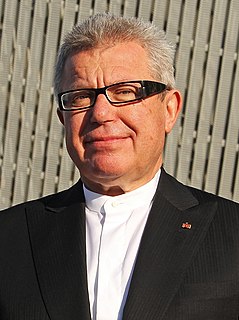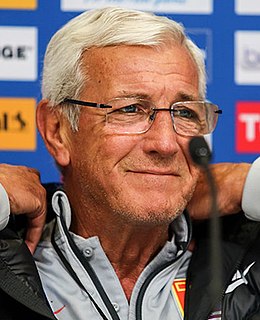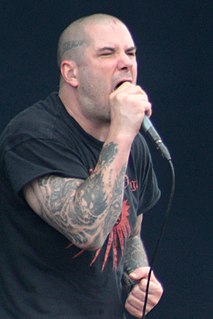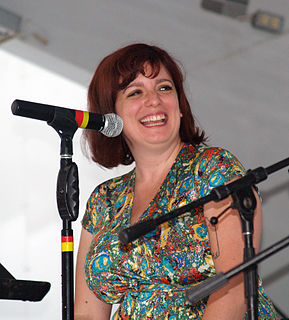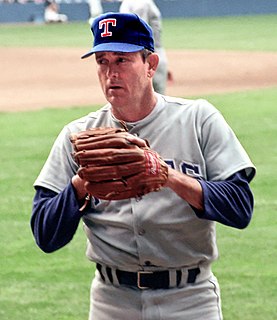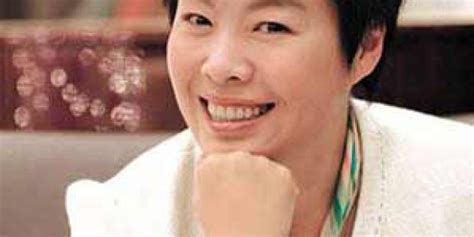A Quote by Stephen Jay Gould
Hyper-selectionism has been with us for a long time in various guises; for it represents the late nineteenth century's scientific version of the myth of natural harmony all is for the best in the best of all possible worlds (all structures well designed for a definite purpose in this case). It is, indeed, the vision of foolish Dr. Pangloss, so vividly satirized by Voltaire in Candide the world is not necessarily good, but it is the best we could possibly have.
Related Quotes
All events are linked together in the best of possible worlds; after all, if you had not been driven from a fine castle by being kicked in the backside for love of Miss Cunegonde, if you hadn't been sent before the Inquisition, if you hadn't traveled across America on foot, if you hadn't given a good sword thrust to the baron, if you hadn't lost all your sheep from the good land of Eldorado, you wouldn't be sitting here eating candied citron and pistachios. - That is very well put, said Candide, but we must cultivate our garden.
... there are some who, believing that all is for the best in the best of possible worlds, and that to-morrow is necessarily better than to-day, may think that if culture is a good thing we shall infallibly be found to have more of it that we had a generation since; and that if we can be shown not to have more of it, it can be shown not to be worth seeking.
To this day I am not convinced of having brought together with me in Germany the technically best players that could have been. But I was firmly convinced I called the ones that could create a team, and they could play with one another to the best of their possibility. In this day and age you win if you become a team. It doesn't necessarily mean that you've got to have the best football players in the country. It's possible that the best, all together, don't become a team. It's like a mosaic, you have to put all the pieces together.
In the short term, it absolutely feels devastating to break a bond of friendship. In the long term, it is the best possible thing. You're actually doing something noble and good if you do it in the right way. You can leave them with, "I wish you the best, but I have to take care of myself." Or you don't have to wish them the best. It's okay if you don't. Maybe they don't deserve the best. That's not up to you to decide. You not wishing someone the best is not going to make anyone's life not the best.
Most of what I read is for reviewing purposes or related to something I want to write about. It's slightly utilitarian. I definitely miss that sense of being a disinterested reader who's reading purely for the pleasure of imagining his way into emotional situations and vividly realized scenes in nineteenth-century France or late nineteenth-century Russia.
The best athlete wants his opponent at his best. The best general enters the mind of his enemy. The best businessman serves the communal good. The best leader follows the will of the people. All of the embody the virtue of non-competition. Not that they don't love to compete, but they do it in the spirit of play. In this they are like children and in harmony with the Tao.
What Confucius tells us to focus on first is not how to bring stability to the world, but how to be the best possible version of ourselves. To "cultivate one's moral character" is the first step towards taking responsibility for the nation, and for society. Confucius and his disciples struggled hard to be "the best version" of themselves, but their aim in this was to better carry out their responsibilities to the society in which they lived.





